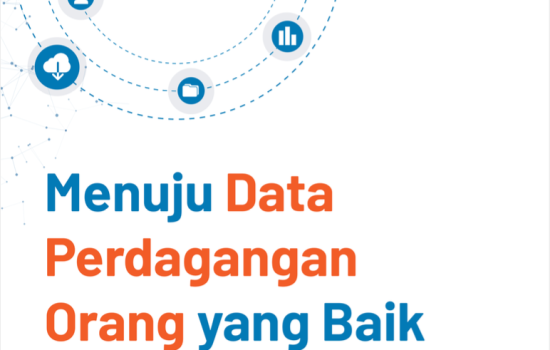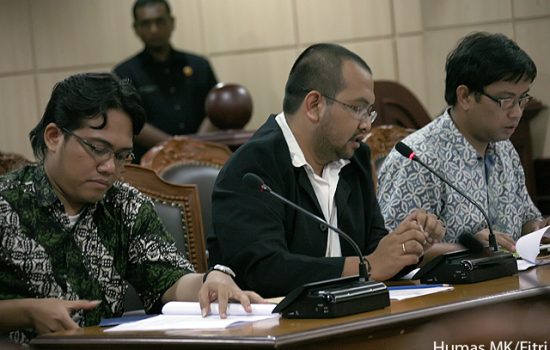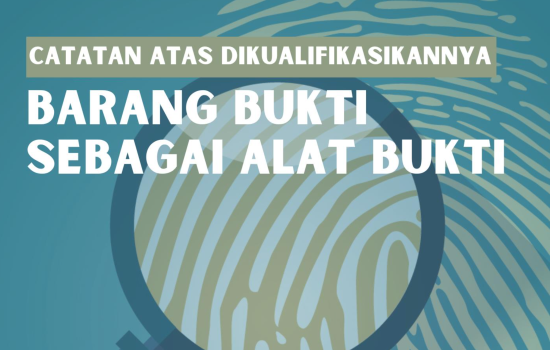Processing a case like this will give an assumption that all forms of criticism and expression could be considered as hate speech and should be processed by law.
Kaesang Pangarep was reported to the Police on 2 July 2017 by someone who believes that Kaesang’s video constitutes hate speech. In the Videos that is reported to the Police, Kaesang was seen giving his opinion and expressing his own views on some of the phenomena and cases that are popular.
ICJR views that this Police report to Kaesang does not need to be processed further by the Police. ICJR sees that there is an impact that needs to be taken into account if the Police want to continue cases like this, namely:
Firstly, the police need to carefully determine whether what Kaesang did was really a hate speech or not. Concerning the video, ICJR considers it merely contains freedom of expression and opinion.
Processing a case like this will give an assumption that all forms of criticism and expression could be regarded as hate speech. The result is that there will be a climate of fear in expressing and giving opinion. Under the same conditions, it will also blur the lines between the freedom of expression and opinion with the actual hate speech that the Police should pay more attention to.
Secondly, processing such cases can have serious consequences for the addition of law enforcement officials’ tasks. The focus of law enforcement will be splitted to deal with cases that not need to be processed. For ICJR, the police have a greater burden to solve other cases that have more serious gravity of crime.
In a different perspective, the Police will also be responsible with other similar reports. Consequently, if the Police are unable to settle all of the cases, there will be public’s lack of trust in the police.
On these two grounds, ICJR asks the Police to carefully determine the measures to process the case of Kaesang. The Police should not be puzzled with a case that really does not need to be processed further.




